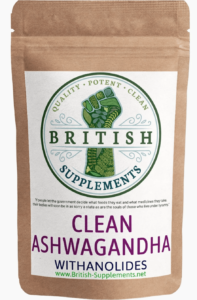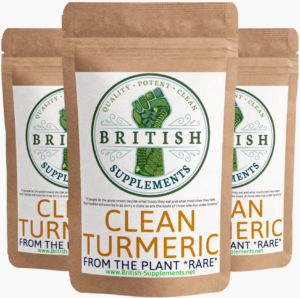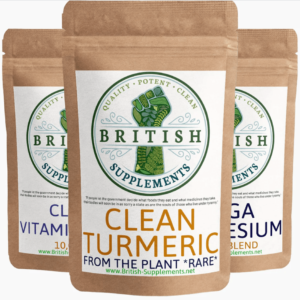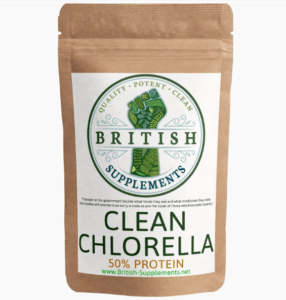Intermittent Fasting
Intermittent fasting has, in recent years, gained popularity as a powerful tool for improving health and promoting weight loss. One popular fasting method is known as 16-hour fasting or intermittent fasting and also referred to as the 16:8 method. As you will see, this approach involves restricting your eating window to 8 hours and fasting for the remaining 16 hours of the day. And, while it may sound challenging, this fasting regimen offers numerous benefits for your body. Therefore, in this article, we will explore the incredible advantages of 16-hour fasting and why you should consider incorporating it into your lifestyle.
1. Enhanced Weight Loss
 One of the primary reasons why people turn to 16-hour fasting is its effectiveness in promoting weight loss. You see by extending the fasting period, your body is forced to tap into its fat stores to provide energy. This leads to a more efficient burning of calories and an increased metabolic rate. Additionally, fasting can help reduce insulin levels, making it easier to shed excess weight and maintain a healthy body composition.
One of the primary reasons why people turn to 16-hour fasting is its effectiveness in promoting weight loss. You see by extending the fasting period, your body is forced to tap into its fat stores to provide energy. This leads to a more efficient burning of calories and an increased metabolic rate. Additionally, fasting can help reduce insulin levels, making it easier to shed excess weight and maintain a healthy body composition.
2. Improved Insulin Sensitivity
16-hour fasting has been shown to enhance insulin sensitivity, which is crucial for maintaining stable blood sugar levels. When you fast, your body becomes more efficient at utilising insulin, allowing glucose to enter cells more effectively. Therefore this can be particularly beneficial for individuals with insulin resistance or type 2 diabetes, as it helps regulate blood sugar levels and reduce the risk of complications.
3. Reduced Inflammation by Intermittent Fasting
Chronic inflammation is linked to various health issues, including heart disease, diabetes, and certain types of cancer. Studies have shown that 16-hour fasting can help reduce markers of inflammation in the body, leading to improved overall health. By giving your digestive system a break and allowing your body to focus on repair and regeneration, fasting can help lower inflammation levels and promote a healthier immune system.
4. Intermittent Fasting, Cognitive Benefits
Intermittent fasting has been found to have positive effects on brain health and cognitive function. his is because by promoting the production of a protein called brain-derived neurotrophic factor (BDNF), fasting can support the growth of new neurones and enhance brain function. Additionally, fasting has been shown to increase levels of a hormone called norepinephrine, which can improve focus, alertness, and overall mental performance.
5. Increased Autophagy
Autophagy is a natural process in which your body cleans out damaged cells and recycles cellular components. It plays a crucial role in maintaining cellular health and preventing the development of certain diseases. Because research suggests that 16-hour fasting can stimulate autophagy, allowing your body to remove toxins and damaged cells more efficiently. This can contribute to improved longevity and a reduced risk of age-related diseases.
6. Long-Term Health Benefits
Beyond the immediate advantages, 16-hour fasting has the potential to provide long-term health benefits. Studies have shown that intermittent fasting may help protect against chronic diseases such as heart disease, cancer, and neurodegenerative disorders. This is because by improving various metabolic markers and promoting cellular repair, fasting can support overall longevity and enhance the quality of life.
Studies have shown that intermittent fasting may help protect against chronic diseases such as heart disease, cancer, and neurodegenerative disorders. This is because by improving various metabolic markers and promoting cellular repair, fasting can support overall longevity and enhance the quality of life.
Conclusion on Intermittent Fasting
Incorporating 16-hour fasting into your lifestyle can have a profound impact on your body and overall well-being. From weight loss and improved insulin sensitivity to reduced inflammation and cognitive benefits, the advantages of fasting are numerous. However, it’s important to note that fasting may not be suitable for everyone, especially those with certain medical conditions or who are pregnant or breastfeeding. It’s always recommended to consult with a healthcare professional before making any significant changes to your diet or fasting routine. If you’re looking to optimize your health and boost your body’s natural healing mechanisms, 16-hour fasting may be worth considering.
















 Self-love is the foundation for healthy relationships with others. When you love and respect yourself, you are better equipped to establish boundaries and communicate your needs effectively. You attract people who appreciate and value you for who you truly are, rather than settling for relationships that are toxic or unfulfilling.
Self-love is the foundation for healthy relationships with others. When you love and respect yourself, you are better equipped to establish boundaries and communicate your needs effectively. You attract people who appreciate and value you for who you truly are, rather than settling for relationships that are toxic or unfulfilling.





